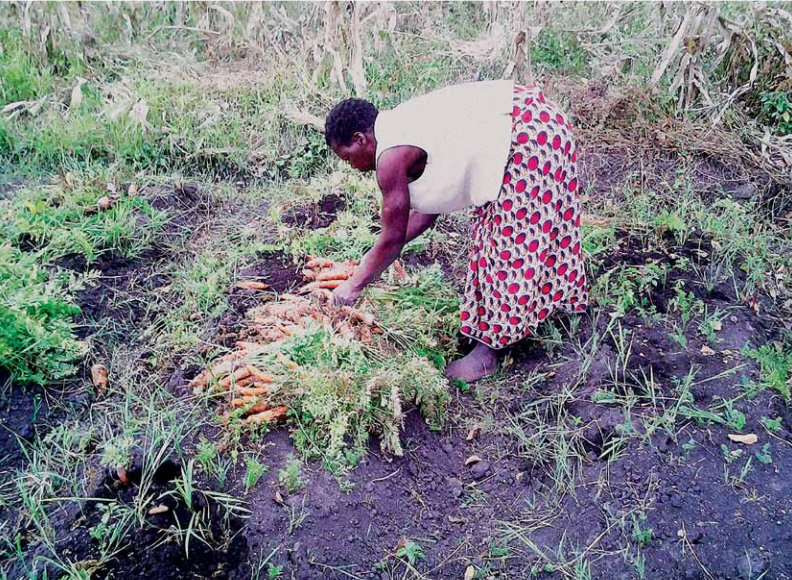Mining downturn a window of opportunity for food security?

The downturn in world ore, metal and energy prices, with the concomitant 'cooling' of investment activity in the extractive sector, could be a window of opportunity for investment in agribusiness in Africa and further afield.
This was the message at the launch by the Crawford Fund and Murdoch University of a report "Bread and Stones: Co-investing in Mining and Agriculture in Africa" at the Australia-Africa Research Forum (AARF), associated with the Africa Down Under event in Perth, Australia.
"There is a compelling argument to consider the scope for leveraging the current significant mining activity in Africa, supported by foreign direct investment (FDI) and its associated expertise, for the expansion of similar investment for agriculture to further fuel improved food security," said Dr Denis Blight, chief executive of the Crawford Fund.
The report by the Crawford Fund and Murdoch University followed a Crawford Fund-AARF co-hosted conference in 2013 that highlighted the need for fruitful partnerships between the mining and agriculture industries for food security, with a focus on Africa. The report seeks to outline the rationale and benefits of co-investment in the agriculture and mining sectors by established extractive industry FDI and new money from agribusiness – in effect finding new opportunities for both.
"While we are not making recommendations on where investment should be, we are highlighting the possible synergies between the sectors and catalytic activities that will create FDI opportunities for agriculture in Africa. These could provide significant benefit to agribusiness, mining companies and small holder farmers in Africa," said Dr Blight.
"While our hope is that the added investment will help food security in Africa, the rationale comes from an appreciation of the significant role that the private sector has to play in economic development in Africa and further afield," he said.
"There has been long-term public sector investment in agricultural research for food security in Africa. There is now a greater appreciation of the role of the private sector to get these results scaled out across the continent. Collaboration with the more established private sector with mining interests makes sense at many levels."
In his launch address, Professor David Morrison, Deputy Vice Chancellor of Research at Murdoch University noted extractive investments are largely occurring in traditionally agricultural areas – and agriculture employs the vast majority of the population on the continent.
"It would make sense for mining sector Community Social Responsibility and other investments to target improved agricultural productivity in the vicinity of mines, with a high level of community engagement in the design and implementation; engage in direct procurement of food from local sources that would enhance market opportunities for local farmers; and focus FDI for shared infrastructure including irrigation, power and transport," said Professor Morrison.
"This report also builds the case that there are several opportunities where agricultural and mining foreign direct investments are fundamentally similar. They have comparable sovereign risks, seasonality of production and labour supply, and generally both require similar investments in water, energy, commodities, machinery, transport, technology and training."
More information: "Bread and Stones: Co-investing in Mining and Agriculture in Africa": www.crawfordfund.org/wp-conten … d_Stones_low-res.pdf
Provided by Murdoch University



















